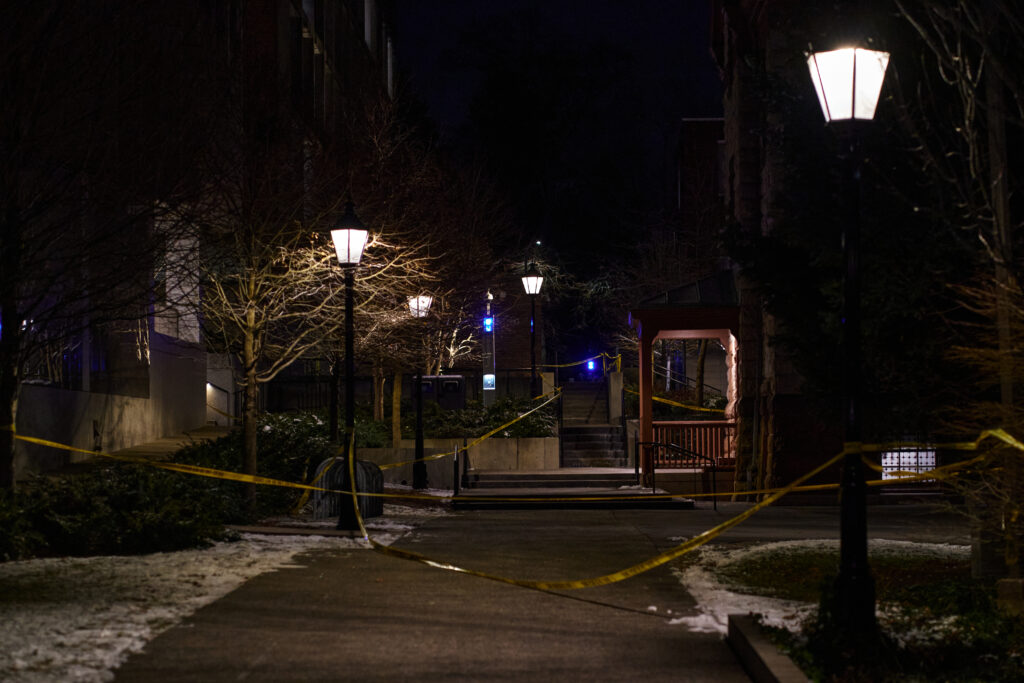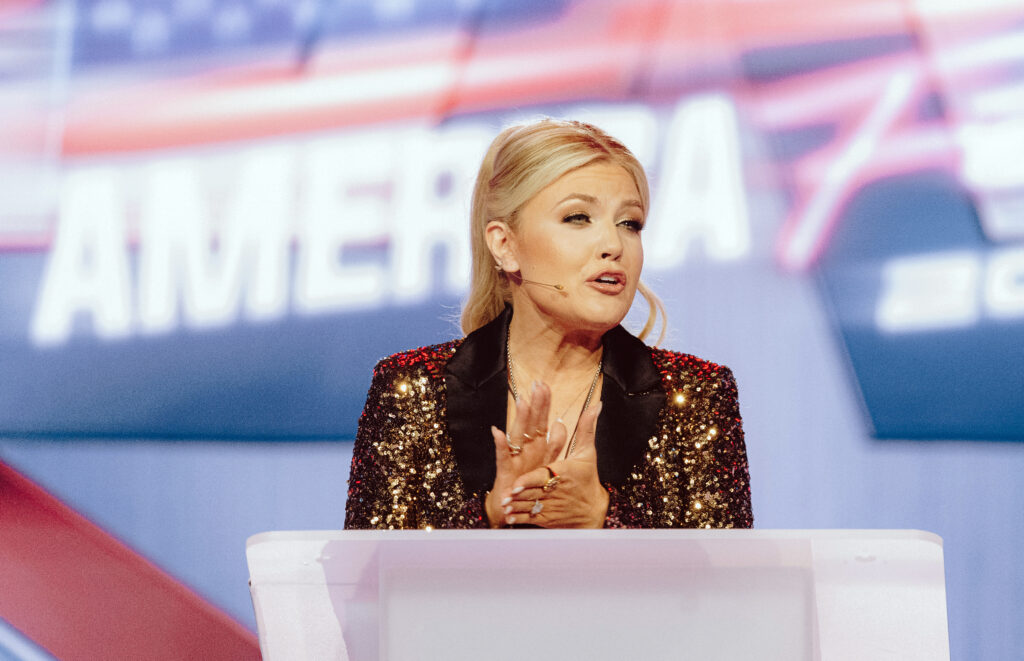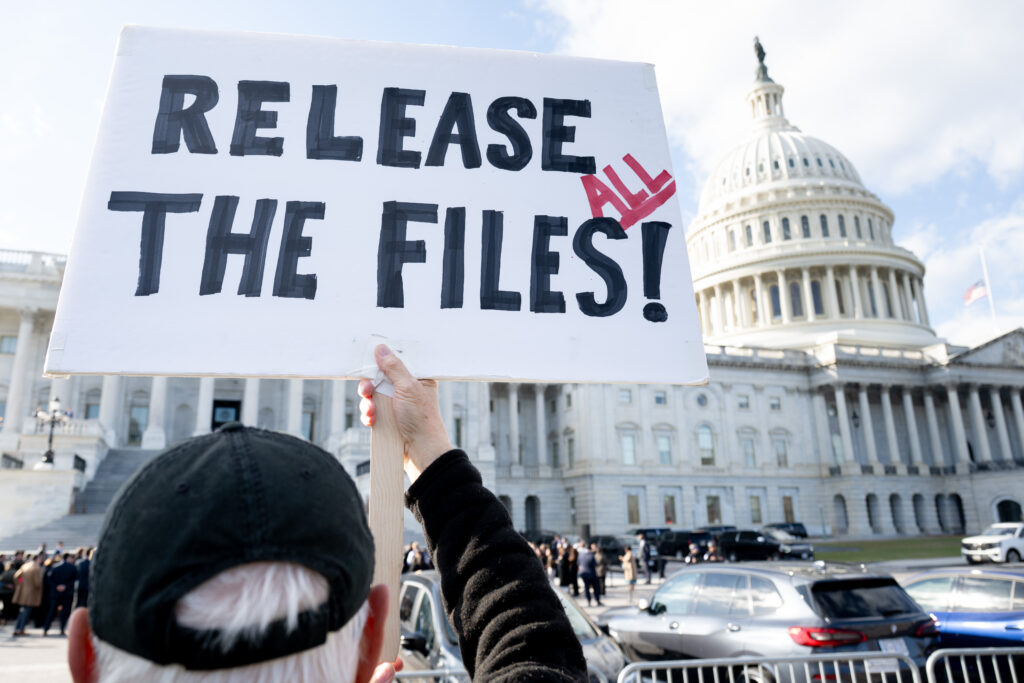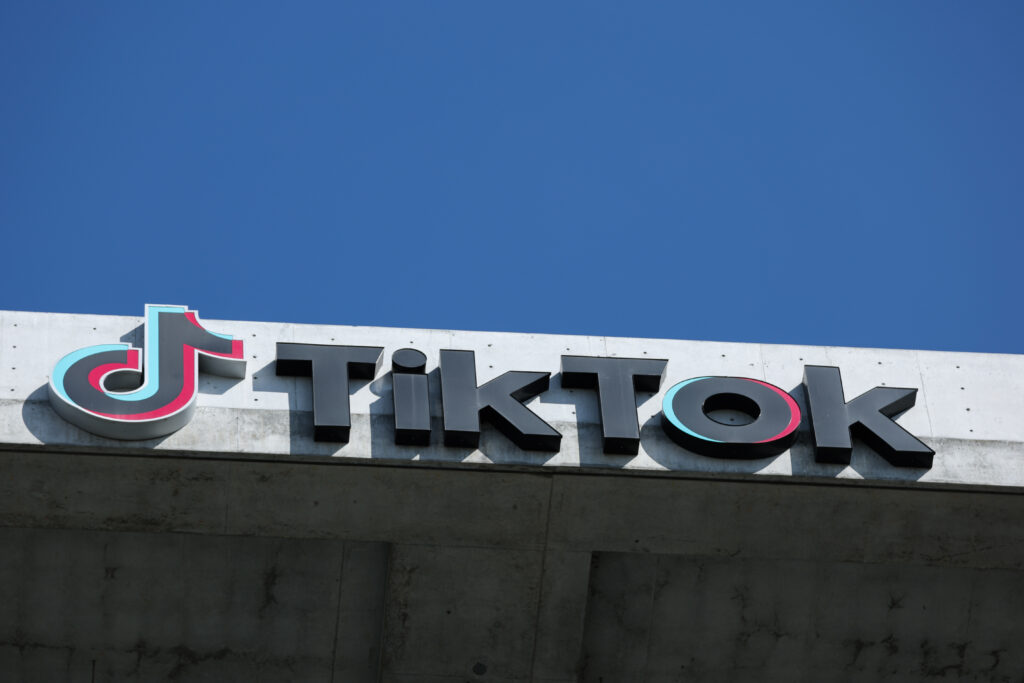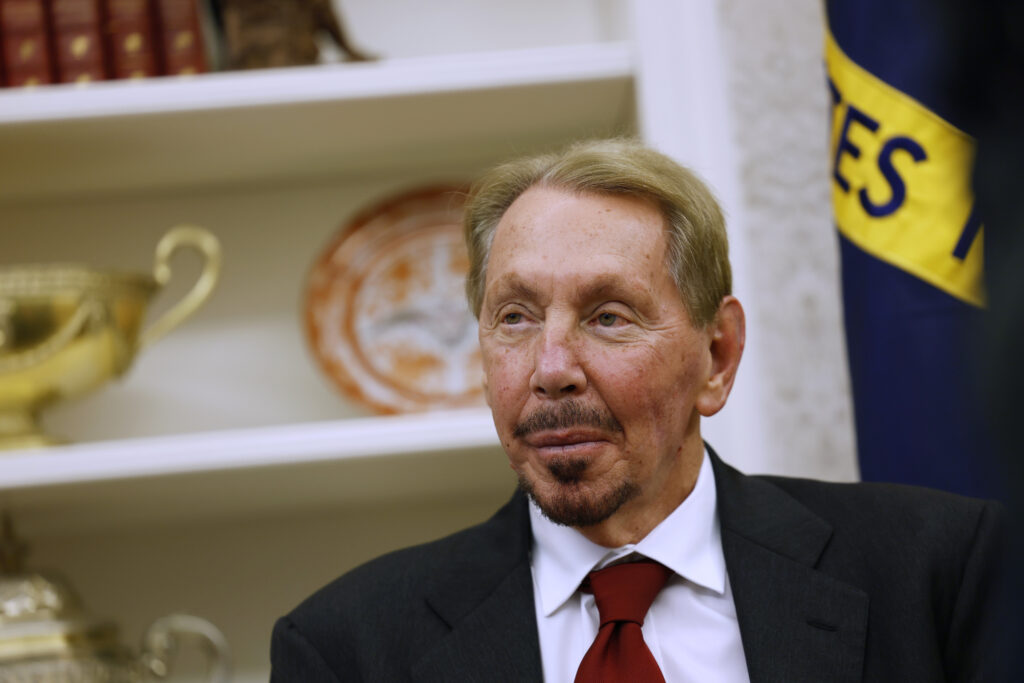Misinformation complicated Brown University shooting probe: police
Officials in the US state of Rhode Island have denounced misinformation that they said complicated their multiday search for the gunman who killed two students and wounded others at Brown University.Law enforcement identified the suspect as Claudio Neves Valente, 48, a Portuguese national who attended the Ivy League institution decades ago. They said he acted alone and was found dead from a self-inflicted gunshot wound in a New Hampshire storage unit.But throughout the week, anonymous and right-wing accounts on X flooded the platform with unfounded posts claiming the shooter was a Palestinian enrolled at the school, a narrative that exploded further as university webpages mentioning the student were seemingly removed.”Criminal investigations are grounded in evidence, not speculation or online commentary,” Colonel Darnell Weaver, superintendent of the Rhode Island State Police, said at the briefing announcing Neves Valente’s identification late Thursday.”The endless barrage of misinformation, disinformation, rumors, leaks and clickbait were not helpful in this investigation,” he said. “Distractions and unfounded criticisms do not support this work. They complicate it and threaten to undermine the justice we seek.”The claims began when an anonymous X account posted photos and videos Monday of the student, Mustapha Kharbouch, beside footage police had released of the person of interest.Within hours, Kharbouch’s image and email were plastered across social media, prompting death and deportation threats as internet sleuths homed in on the individual’s pro-Palestinian activism and compared their body and gait to the suspect.Right-wing podcaster Tim Pool, billionaire Bill Ackman and US Assistant Attorney General Harmeet Dhillon were among those who amplified the narrative.”The past few days have been an unimaginable nightmare,” Kharbouch said Friday in a statement shared with AFP by their legal team. “I woke up on Tuesday morning to unfounded, vile, Islamophobic, and anti-Palestinian accusations being directed toward me online.””I received non-stop death threats and hate speech,” Kharbouch said.Kharbouch’s legal team said they had cooperated with inquiries from law enforcement and called the campaign “disturbing, racist, and hateful,” as well as a distraction to investigators.”No person should have to endure what Mustapha did, simply because of their identity.”Prior to Neves Valente’s identification, a member of a local law enforcement agency involved in the investigation told AFP that Kharbouch had never been a person of interest.- ‘Harmful doxxing activity’ -Misinformation frequently follows shooting incidents, as information gaps allow false claims -– often steered by biases -– to proliferate unchecked.As media reported the name of a military veteran initially detained and released, social media filled with his image -– and a torrent of erroneous posts sharing photos of another man with the same name.Officials tried to quiet the noise as the manhunt progressed, and also warned that AI-enhanced renderings of the visuals they were releasing could lead to more misidentifications.A Brown University statement, which a spokesman confirmed to AFP was about Kharbouch, condemned the “harmful doxxing activity” and described the steps to minimize the student’s online presence as a “safety measure.”US Senator Sheldon Whitehouse pleaded during a hearing for social media users to “shut up with the speculation,” saying the rumors could overwhelm tip lines.The claims persisted anyway.Brown University President Christina Paxson said the attack and aftermath had been “devastating” for those “targeted by online rumors and accusations.”With Neves Valente named, she said: “I hope that this development also means an end to this truly troubling activity.”
